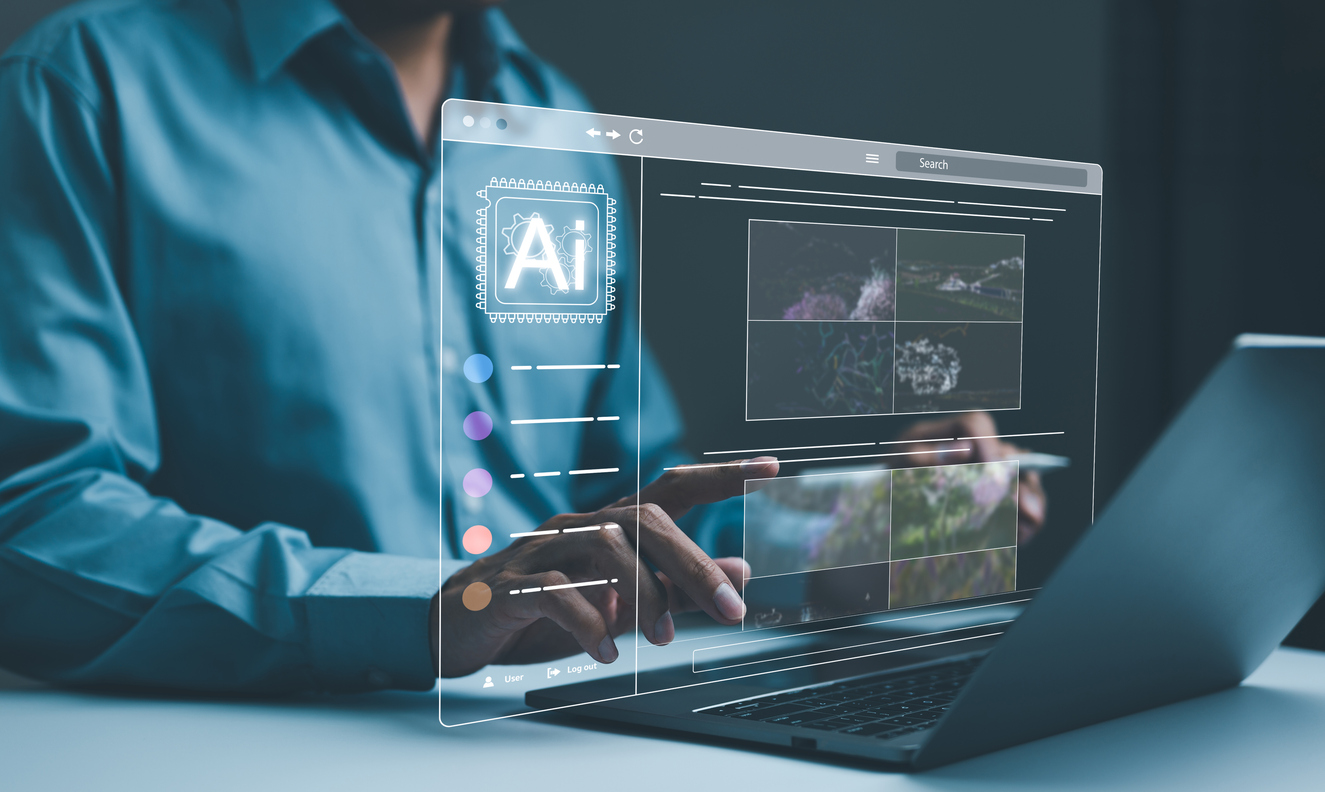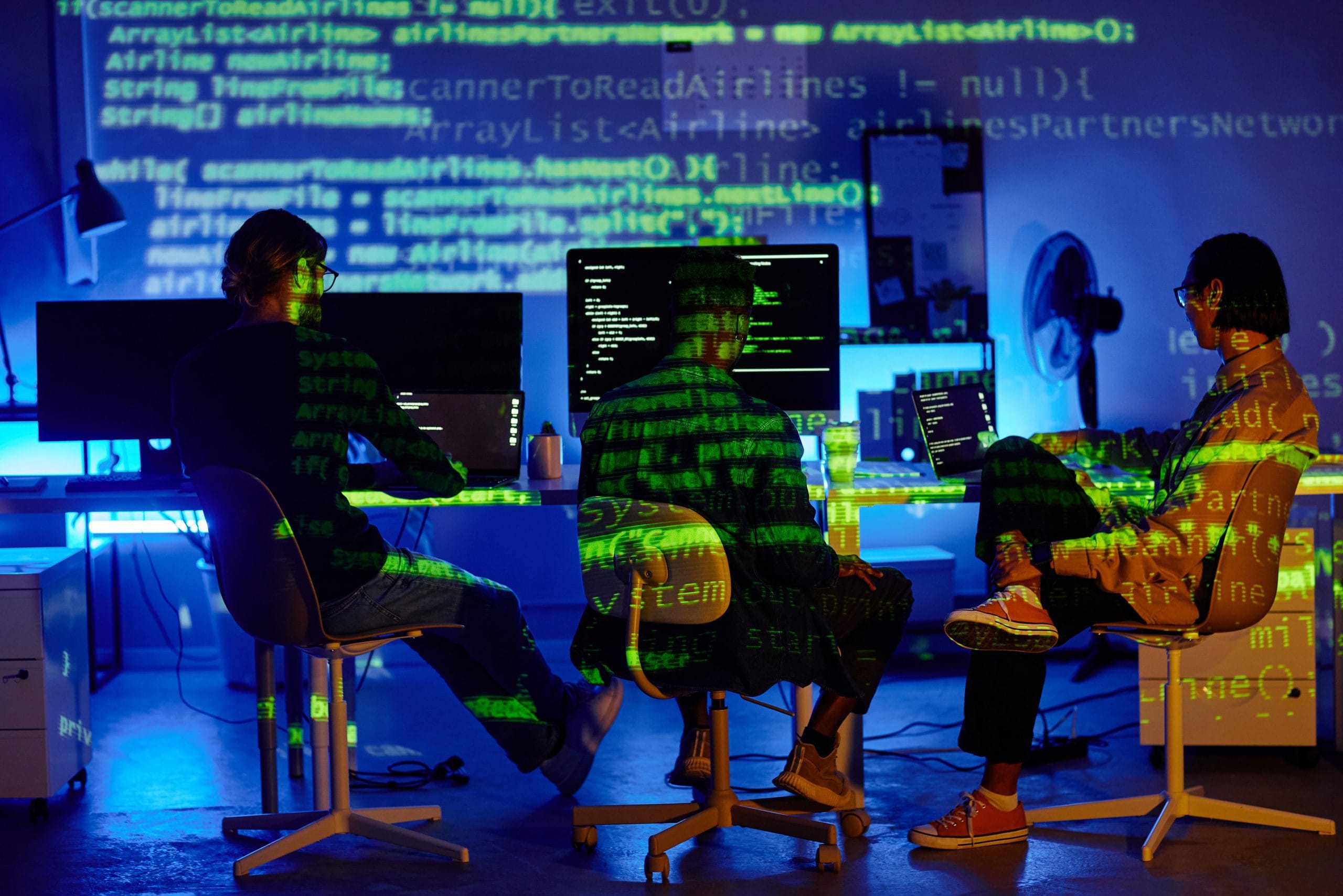


Exploring the Future of AI-Powered Content Creation

Artificial intelligence is reshaping industries across the globe, and content creation is no exception. From automating routine tasks to revolutionizing creative processes, AI has become a powerful ally for entrepreneurs and businesses aiming to connect with their audiences efficiently. As technology advances, the potential of AI-powered content creation continues to expand, opening up exciting possibilities for innovation and growth.
The Journey of AI in Content Creation
AI’s integration into content creation has been a gradual but transformative process. Early tools focused on automating repetitive tasks, such as grammar correction or keyword suggestions. Over time, advancements in machine learning and natural language processing (NLP) have led to sophisticated tools capable of producing entire articles, videos, and even dynamic marketing campaigns.
For example, platforms like ChatGPT can draft compelling articles based on user prompts, while visual content tools like Canva and DALL-E generate stunning graphics and images. These innovations save time and resources, empowering businesses of all sizes to produce professional-quality content without requiring extensive expertise or large budgets.
The Advantages of AI-Driven Content Creation
AI-powered tools have redefined how businesses approach content creation by addressing some of the most pressing challenges entrepreneurs face.
1. Boosting Productivity
AI reduces the time spent on content ideation, research, and drafting. Business owners and marketers can focus on high-level strategies while AI handles repetitive tasks like data analysis or keyword integration.
2. Streamlining Multi-Channel Strategies
Businesses often need to maintain a presence across multiple platforms, from blogs to social media. AI tools simplify this process by generating and optimizing content tailored for each platform, maintaining consistency while saving effort.
3. Enhancing Personalization
Modern consumers demand personalized experiences, and AI excels in delivering them. Through data analysis, AI identifies customer preferences and crafts content that speaks directly to their needs, improving engagement and loyalty.
4. Improving Accessibility
AI tools make professional-quality content creation accessible to entrepreneurs who lack resources for large marketing teams or agencies. With minimal investment, businesses can create high-quality materials that resonate with their target audiences.
5. Optimizing SEO
AI tools are invaluable for search engine optimization, analyzing trends, and suggesting the most effective keywords and content formats. This strategic approach enhances visibility and attracts organic traffic.

Challenges That Come with AI Adoption
While AI offers undeniable advantages, businesses should also consider the challenges associated with its adoption.
- Maintaining Originality
AI-generated content can sometimes feel formulaic. To maintain originality, businesses must combine AI’s efficiency with human creativity. - Understanding Ethical Considerations
The use of AI raises ethical concerns, such as plagiarism and misinformation. Entrepreneurs should establish clear policies for content review and attribution. - Balancing Automation with Authenticity
Over-reliance on AI risks diminishing the human connection that audiences often value. Thoughtful oversight ensures content retains a personal touch.
Emerging AI Trends in Content Creation
AI is constantly evolving, bringing new capabilities to the forefront. Understanding these trends can help businesses stay ahead of the curve.
Real-Time Content Customization
AI tools are beginning to offer real-time content updates. For instance, marketing campaigns can adapt dynamically based on user behavior, delivering highly relevant messages at the right time.
Voice and Video Content Creation
The rise of AI in voiceovers and video production offers unique ways for businesses to engage with their audiences. From automated video scripts to lifelike voice narrations, these tools add a new dimension to content strategies.
Interactive Content
Interactive tools powered by AI allow businesses to create quizzes, chatbots, and dynamic infographics that engage users and encourage participation.
Hyper-Personalized Storytelling
AI’s ability to analyze vast amounts of data allows businesses to craft hyper-personalized narratives. These stories resonate deeply with specific audience segments, driving higher engagement.
Multilingual Capabilities
AI tools are improving multilingual content creation, allowing businesses to communicate with global audiences seamlessly. Translation tools and cultural adaptation algorithms make international marketing more accessible.

How Entrepreneurs Can Leverage AI for Growth
AI offers practical applications that can significantly impact an entrepreneur’s ability to scale and innovate. Here’s how:
1. Developing Comprehensive Content Strategies
Entrepreneurs can use AI tools to research competitors, identify emerging trends, and plan campaigns that align with their goals.
2. Automating Administrative Tasks
AI handles tedious tasks like scheduling posts, generating email templates, or managing customer inquiries, freeing up time for business owners.
3. Testing and Optimization
AI analytics tools provide detailed insights into content performance. Entrepreneurs can refine their strategies based on what resonates most with their audiences.
4. Driving Social Media Engagement
Social media platforms are essential for modern businesses. AI tools optimize post timing, create compelling captions, and recommend visuals tailored for each platform.
5. Scaling Content Production
Startups and small businesses often face resource constraints. AI enables these businesses to scale their content production without hiring additional staff.
Real-World Examples of AI in Content Creation
1. E-Commerce and AI Product Descriptions
E-commerce platforms use AI to generate product descriptions tailored to their target audience. These descriptions are often enhanced with SEO keywords, making products more discoverable online.
2. News Aggregation and Summarization
Media companies employ AI to summarize lengthy news articles, allowing readers to grasp essential details quickly. This feature has become increasingly popular in mobile apps and newsletters.
3. Content Customization in Hospitality
Hospitality brands use AI to craft personalized travel recommendations and itineraries. By analyzing user preferences, AI tools provide suggestions that enhance customer satisfaction.
4. AI in Educational Content
Online learning platforms rely on AI to create tailored courses and quizzes. By assessing user progress, AI adjusts content to match the learner’s pace and needs.
The Future of AI-Powered Content Creation
As AI technology advances, its role in content creation will continue to evolve. Upcoming innovations include predictive content creation, where AI anticipates industry trends and crafts materials proactively. Additionally, AI may integrate emotional analysis, enabling tools to gauge audience sentiment and adjust messaging accordingly.
For entrepreneurs and businesses, staying informed about these advancements will be crucial. AI-powered content creation is not a replacement for human creativity but a complement that allows businesses to achieve more with less effort.
Building the Right Balance
Human creativity remains irreplaceable in content creation. While AI provides efficiency and scalability, the ability to tell authentic, emotionally resonant stories is what sets businesses apart. Combining human oversight with AI-generated content allows for a balanced approach that maximizes both quality and efficiency.
Final Comment
AI-powered content creation is redefining the way businesses connect with their audiences. By understanding its potential and limitations, entrepreneurs can adopt a strategic approach that embraces innovation while staying true to their brand identity. The future of content creation is bright, offering endless opportunities for growth, creativity, and connection.





